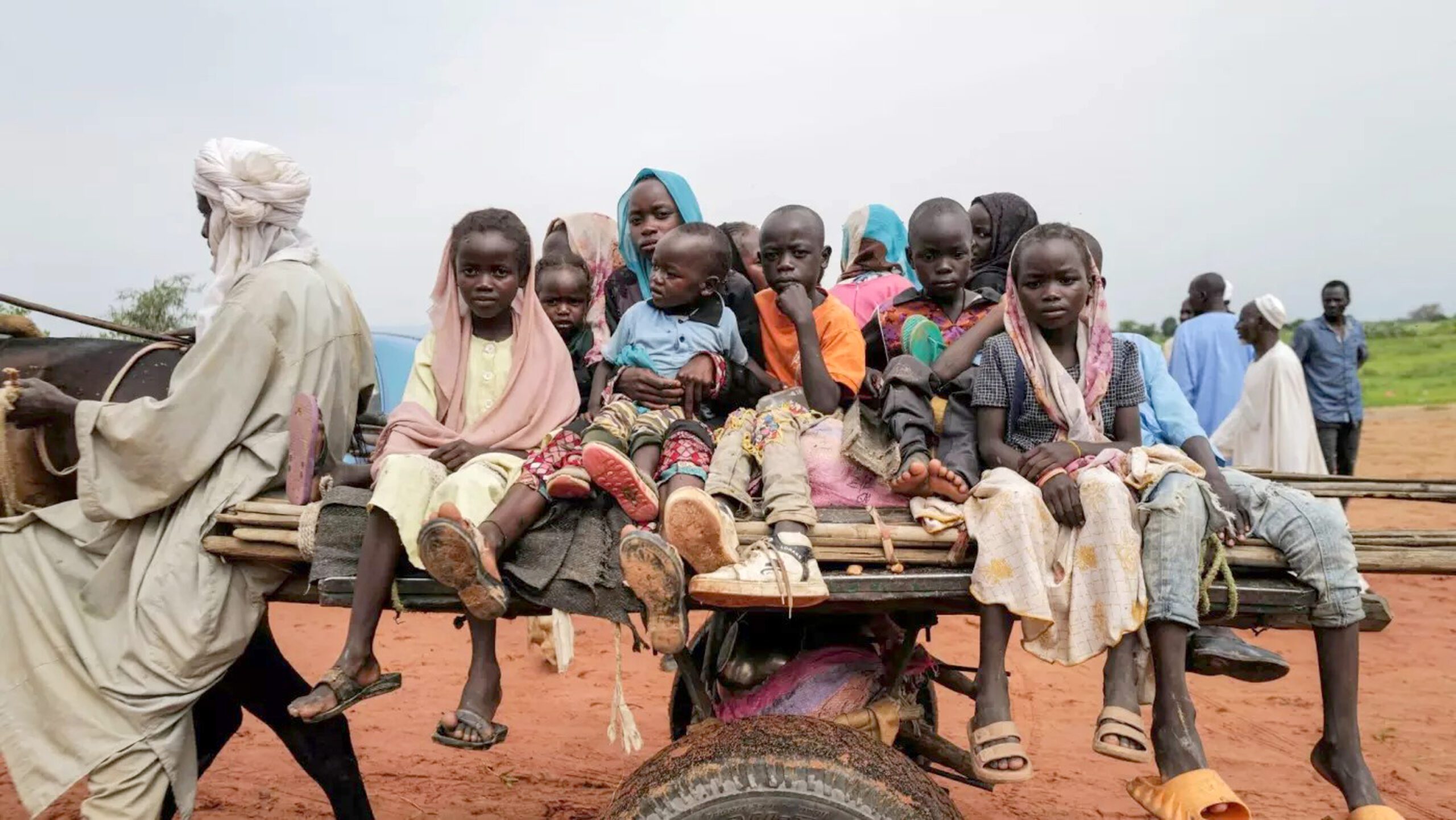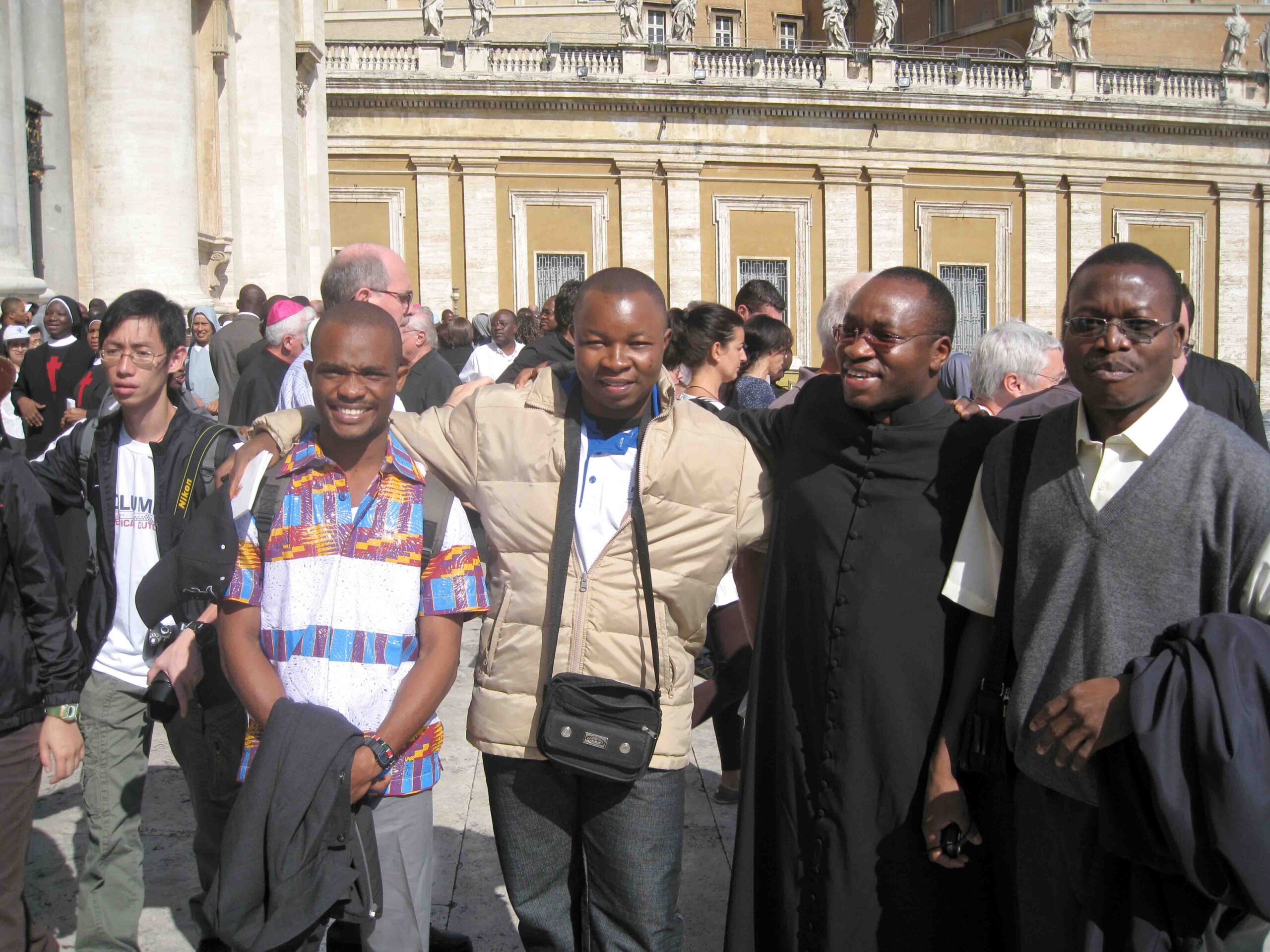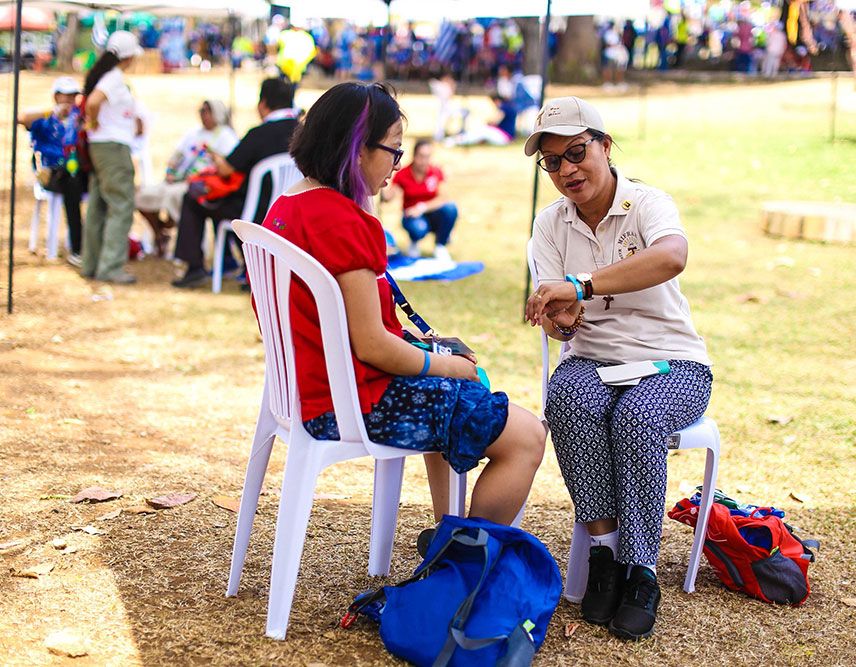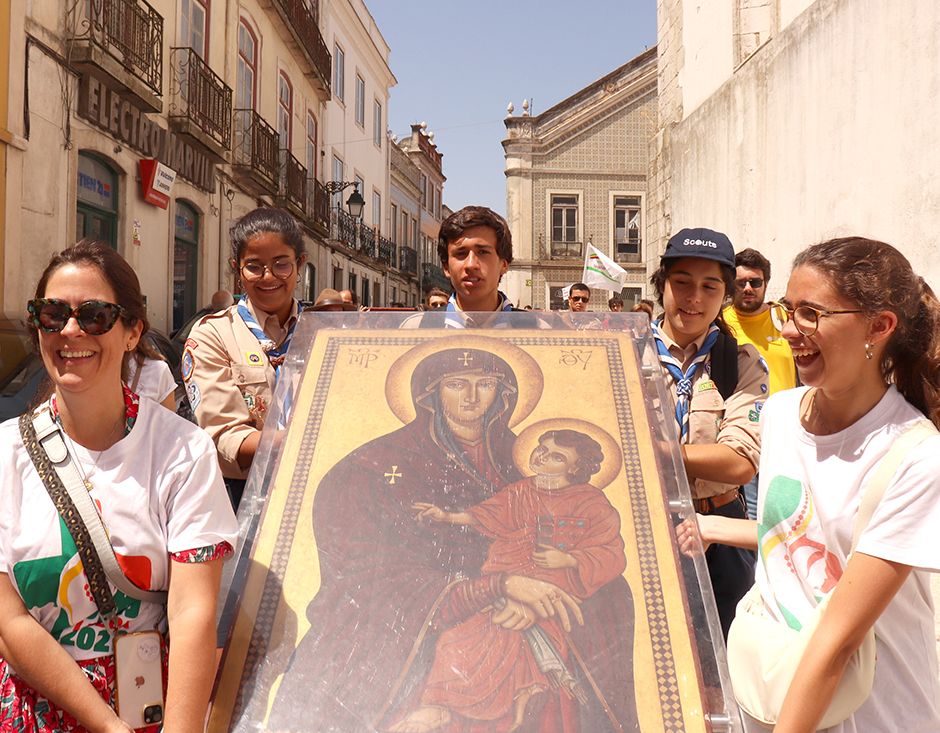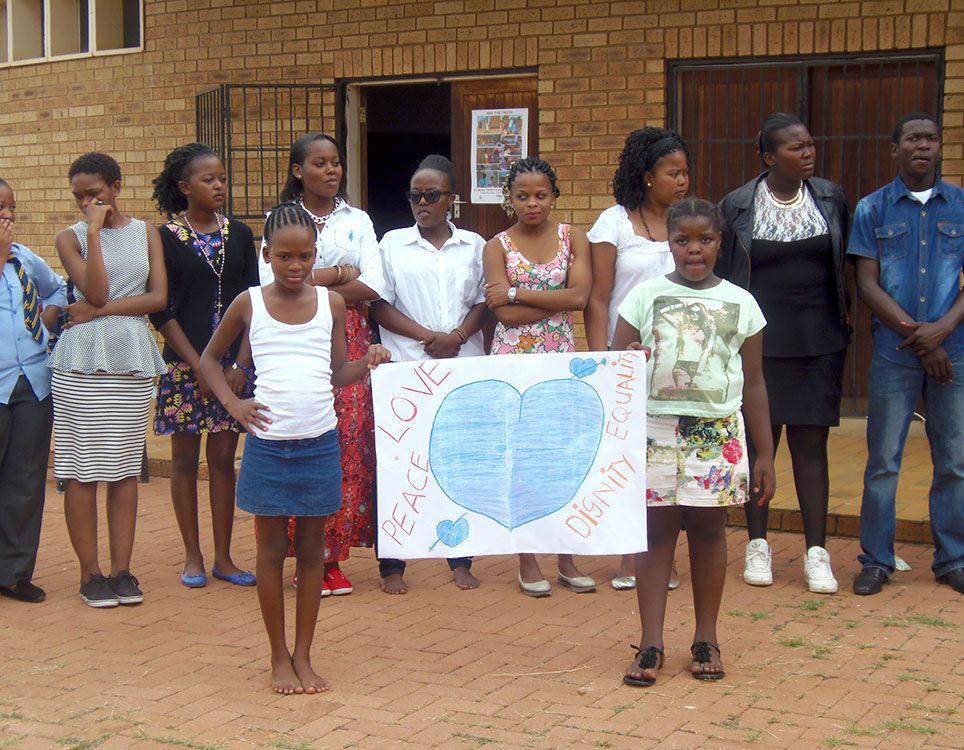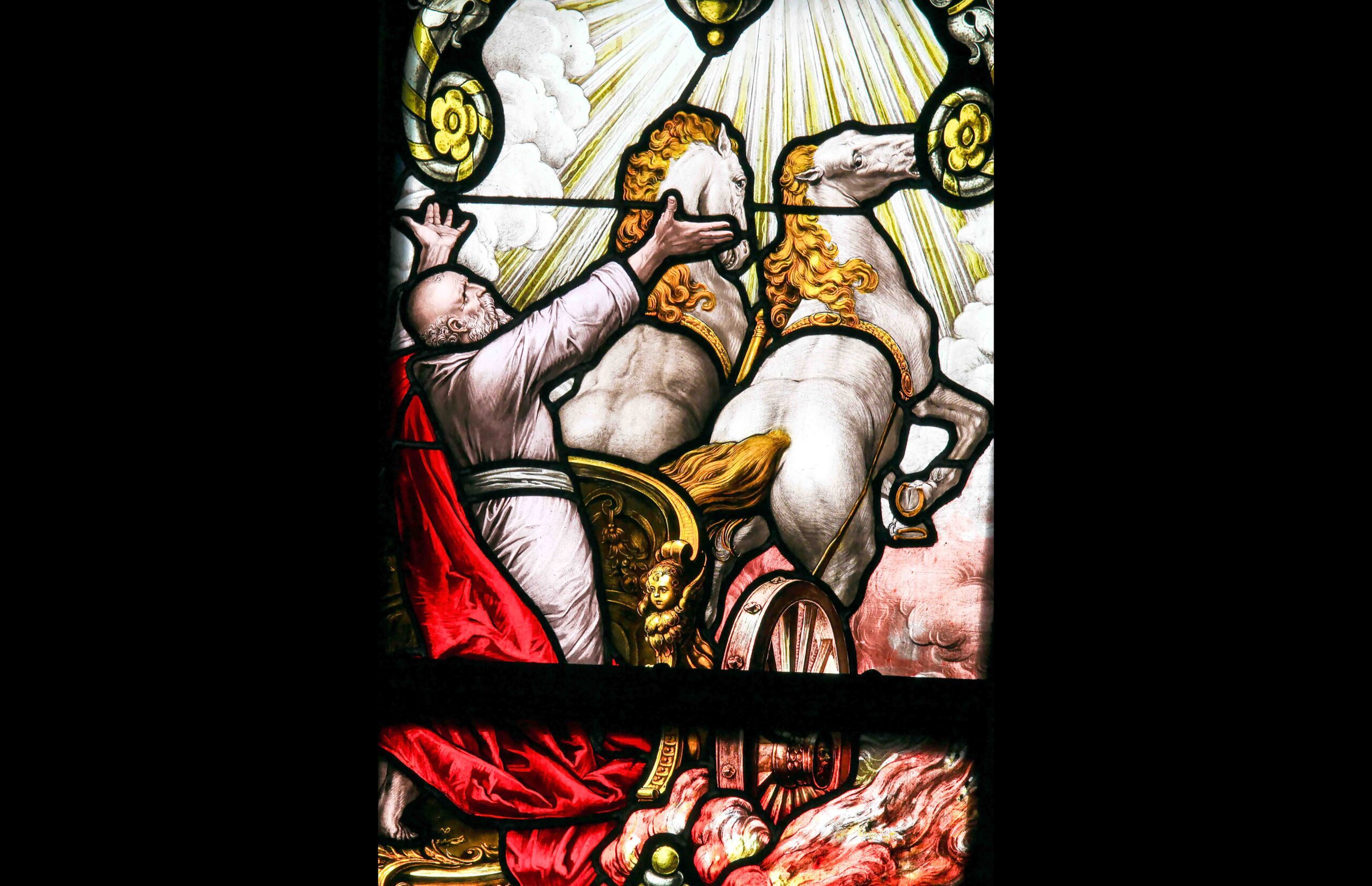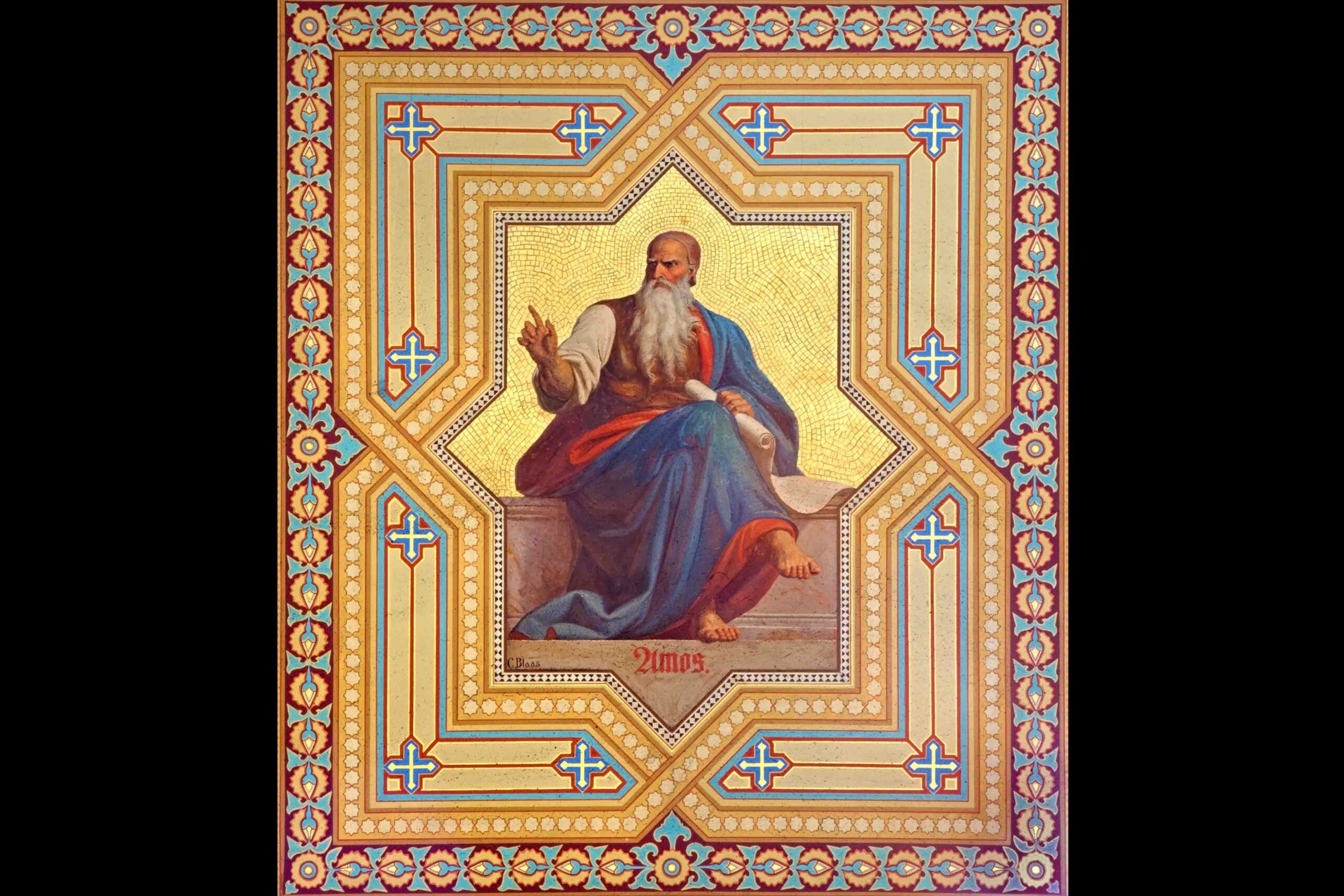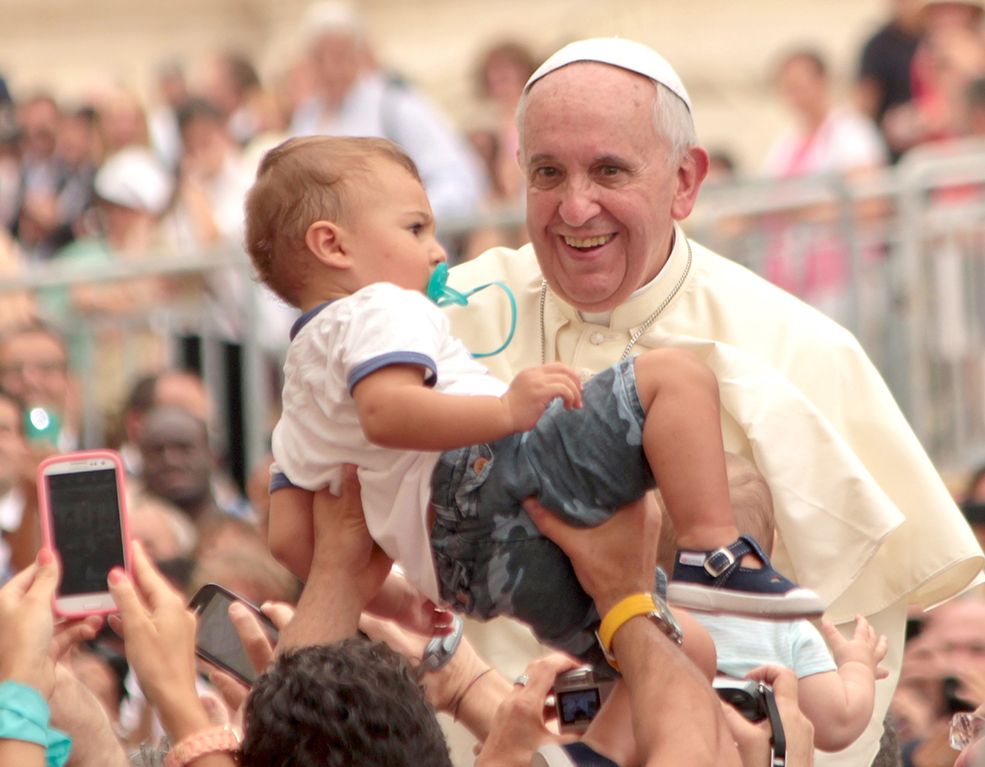Isaiah’s vocation story clearly demonstrates that God’s love for each of us is greater than all our weaknesses. As St. Paul said, “Where sin increased, grace increased all the more” (Romans, 5:20).
Isaiah was taken into God’s presence: “I saw the Lord seated on a throne, high and exalted, and the train of his robe filled the temple” (Isaiah, 6:1). During this vision, Isaiah had the opportunity to see how the seraphim cried out to God: “Holy, holy, holy.” In his vision, Isaiah realized the greatness and purity of God, as well as His holiness.
We feel small, not knowing how to react when faced with God’s greatness. We feel that we are not enough for the Father, not worthy of His love. Faced with the greatness of God’s love, we feel that we will never be able to be His servants because we are sinners and fragile; we will never be able to proclaim Him as He deserves. Isaiah says to God: “Woe to me, I am lost, for I am a man of unclean lips who dwells among a people of unclean lips” (Isaiah, 6:5).
God’s love for each of us is not “a reward” for being good, but unconditional. God has loved us, loves us and will always love us. We will be free to respond to His great love for us! However, His forgiveness and mercy will always be greater than our frailty and smallness. Like Isaiah, before God we often feel the bitterness of our behavior, of our lack of trust in the Lord, of our departure from His Word. However, God will always be Love and faithful to His designs! In our relationship with God, we must be aware that God’s vocational proposal is an invitation to lasting happiness. It’s no coincidence that the angel Gabriel appears to Mary saying: “Hail, full of grace, the Lord is with you” (Luke, 1:28).
ACCEPTING ONE’S VOCATION
God believes in everyone! He has a path for each person! His call may come in different ways and our response will always be free. However, we must be true to ourselves. In the face of the greatness of God’s Love, in the face of the trust that God places in us, despite knowing us-as well as our frailties-our response to God’s question (Whom shall I send?) must be the same as that of the prophet Isaiah: “Here am I, send me” (Isaiah, 6:8).
This clear and unreserved response on the part of the prophet Isaiah also reminds us of the words of Our Lady: “Behold the handmaid of the Lord; be it unto me according to your word!” (Luke, 1:38). Isaiah had good self-knowledge. He was aware of his smallness, his weakness. He therefore had an experience of conversion and of recognizing God’s mercy and love. With the certainty of God’s love, he accepted God’s invitation to proclaim it among the people. Each of us is also invited by the Lord to freely accept our vocation, despite our weaknesses and miseries.
As St. Paul says, the Lord calls us, and He is our strength, for His power is made manifest in our weakness (cf. 2 Corinthians, 12:1-10). In the fruitful silence of prayer, let us say to the Lord: “Here I am, send me! Here I am, because I am here for you, Lord! I want to be open-hearted to your love, to your word. Send me, because despite my frailties, I am precious to you and I want to be a witness to your love!” Isaiah’s vocation didn’t stop at himself. His vocation was a vocation for the people. In fact, these people are also loved by the Lord.
A GIFT TO THE WORLD
Reading the Book of Isaiah, we can see that Isaiah was a determined prophet, unafraid to speak about God to the people. Isaiah offered himself voluntarily and totally to God. Despite his continuous warnings to his people that God was disappointed in their disobedience, the prophet Isaiah was also a man of hope.
For me, Isaiah’s words often echo in my heart with a reading we often hear at Christmas time: “The people who walked in darkness have seen a great light […] for a child is born to us, a son is given to us; he has sovereignty on his shoulders, and his name is: Wonderful Counsellor, Hero God, Everlasting Father, Prince of Peace” (Isaiah, 9:1, 5).
In the midst of tribulations, during so many wars, when I see so much hatred and the death of so many innocent people, I am comforted by the words of Isaiah, who announces the arrival of the Prince of Peace. Isaiah’s vocation, my vocation, your vocation is born of God, but it doesn’t end with us.
Following Isaiah’s example, we can realize that the vocation of each one of us must be a gift to others: called and sent to proclaim God’s love to all those around us.

















